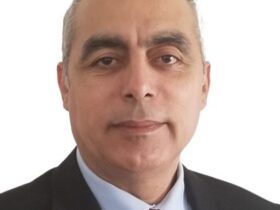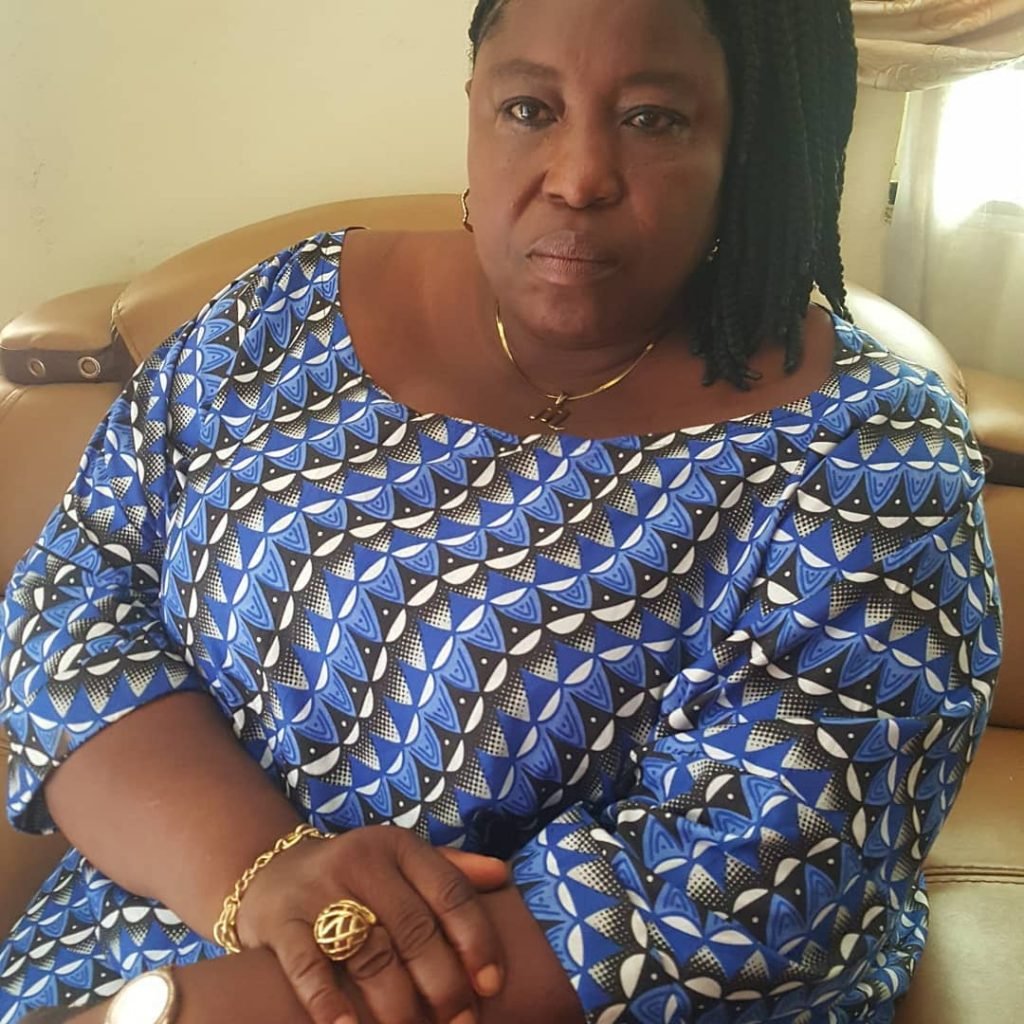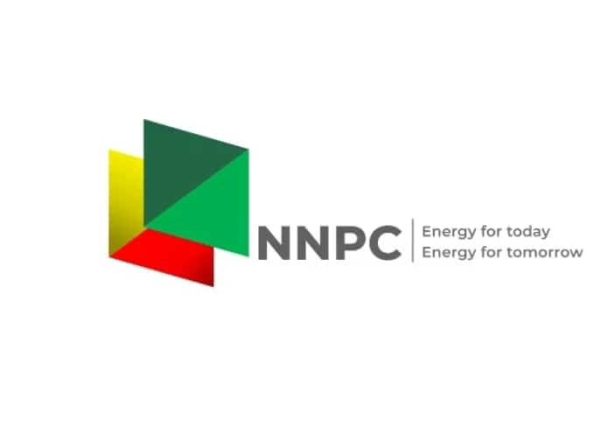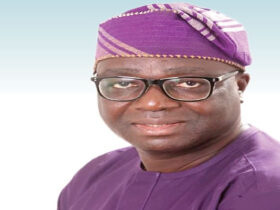The aviation sector has been said to have suffered some setbacks in its operations, activities and otherwise as a result of the low percentage of engagement of women in the industry.
This was disclosed by the Managing Director/Chief Executive Officer, of Nigerian Airspace Management Agency, NAMA Mr Matthew Pwajok who spoke at the SheEngineer 30% Club Launch/Award sponsored by the Royal Academy of Engineering.
Speaking during the SheEngineer 30% Club Launch/Award held in Lagos with the theme, “Integration and Implementation of gender-sensitive policies in the workplace”, Pwajok disclosed that, although the aviation sector has supported the nation’s GDP with over 241,000 jobs, lamented that only about 13percent of jobs in aviation are held by women.
According to him, the aviation industry is grappling with methods to improve inclusion and diversity. The majority of aircraft pilots, Air traffic Engineers, flight engineers, Air traffic controllers and aviation administrators in Nigeria are male. Adding that, the executive side has not fared any better as only 3 per cent of managerial and executive positions are held by women.
“While there is a consensus amongst stakeholders that the aviation sector would deeply benefit from gender diversity and inclusion, there is however no agreement on the best strategy to attain this.
“In recent years, organizations including the International Air Transport Association (IATA) launched initiatives such as the IATA 25 by 2025 gender diversity initiative, a voluntary initiative for the aviation sector to improve female representation in the industry.
“The campaign was to serve as an initial step to making the aviation industry more gender-balanced. It also seeks to create opportunities for more women with sought-after aviation technical and policy qualifications and experience in the aviation sector across the globe.
“The International Civil Aviation Organization in 2021, in a bid to encourage women in aviation, announced a 50 per cent discount on various aviation courses and certifications for women.
“The announcement was in line with the Sustainable Development Goal 5 (gender equality) of the 2030 Agenda for Sustainable Development founded by the United Nations.
“Although progress has been made, it, however, seems slow, and thus, stakeholders in the aviation industry should be encouraged to do more in promoting gender diversity and inclusion.
“This is one reason; the SheEngineer 30% Club is a welcome development. The 30 by 30 Strategy for achieving this laudable objective encompasses the four phases (RWPK) of Reach Out, Welcome In, Pull Through, and Keep Going”, he said.
In her welcome address, Engineer Elizabeth Eterigho, FNSE, FNSChE, President, Association of Professional Women Engineers of Nigeria, APWEN, said, the essence of the She-Engineer 30 per cent Club is to create a platform of an enabling environment for better productivity for women.
“The SheEngineer 30% club is a project that seeks to build a voluntary network of professional engineering institutions, engineering businesses and organizations committed to achieving a 30% minimum gender balance within their workforce by 2030 using the aviation, automobile and energy sectors where there is a noticeable shortage of females as pilot engineering organizations. Gender-sensitive policies in the workplace are key to creating a safe and respectful work environment.
“With women making up about 50 per cent of the world’s population and contributing significantly to global GDP (gross domestic product), their participation in leadership roles is crucial to achieving sustainable development goals” , she said.
In her contribution, Dr Evi Viza, Programme Leader, MSC Quality Management University of West of Scotland who commended the initiative urged policymakers and more organizations to sign a pledge to join the She-Engineer 30% club.
According to her, it will make business sense and it is one of the best investments they will make in their business and their country.
“There is a new dawn for the engineering sector, the country and the world. This initiative has opened an insight into the challenges women engineers face in Nigeria as well as everywhere in the world.
“The 30% club addresses a gap that it has been there for years and aims to change the way business operates, what society expects and all in the name to transform organizations to be productive, resilient and bring economic prosperity to their communities”, she said.
During her Concept Note presentation for the SheEngineer 30% Club Project, Grant Awardee, Engr., Felicia Agubata, FNSE disclosed that SheEngineer 30% Club, is a Royal Academy of Engineering UK-funded Initiative, to build a voluntary network of professional engineering institutions, engineering businesses and organizations in the aviation, automotive and energy sectors in Lagos State committed to achieving a 30% minimum gender balance within their workforce by 2030 using a 30 by 30 strategy.
According to her, the project would improve diversity and inclusion in these organizations and drive profitability, productivity, and creativity and reduce skill shortage by encouraging more girls to take up engineering courses and careers.
“This project seeks to address the existence of gender barriers in accessing engineering as a career is a concrete challenge in the educational development of Nigeria. A record shows that over 5.5m girls are out of school in Nigeria.
“There are more males in the universities studying engineering than women, who are predominantly in the non-scientific and non-technical disciplines. This has resulted in a wide gender gap in engineering courses.
“Women are largely underrepresented in the engineering sector in Nigeria and professional women engineers have been known to suffer discrimination at work, and also the apparent lack of interest in engineering by young girls has resulted in shortages of engineers in Nigeria. This situation has led to capital flight and brain drain for Nigeria.
“We want girls to see STEM subjects as being “non-Gendered” and want to be able to help them pursue whatever interests excite them because the jobs in the future are either in the STEM industries or require STEM skills.
SheEngineer 30% Club will be carrying out some activities within six (6) months of programme commencement in Aerospace, Automotive and Renewable Energy sectors organizations in Lagos.
In her lecture, Managing Director, of Ikeja Electric, Folake Soetan who spoke on “Creating a More Inclusive Workplace: Gender-Sensitive Policies and Practices said, the benefits of inclusive diversity include increased talent retention, better brand reputation, increased acceptance, and improved financial performance.
Also noted that creating a gender-sensitive workplace recognizes and addresses the needs, issues, and viewpoints that are unique to each gender. “In such environments, gender diversity is acknowledged and celebrated, and harassment and discrimination based on gender are actively addressed and avoided”, she said.
Source: Vanguardngr.com















